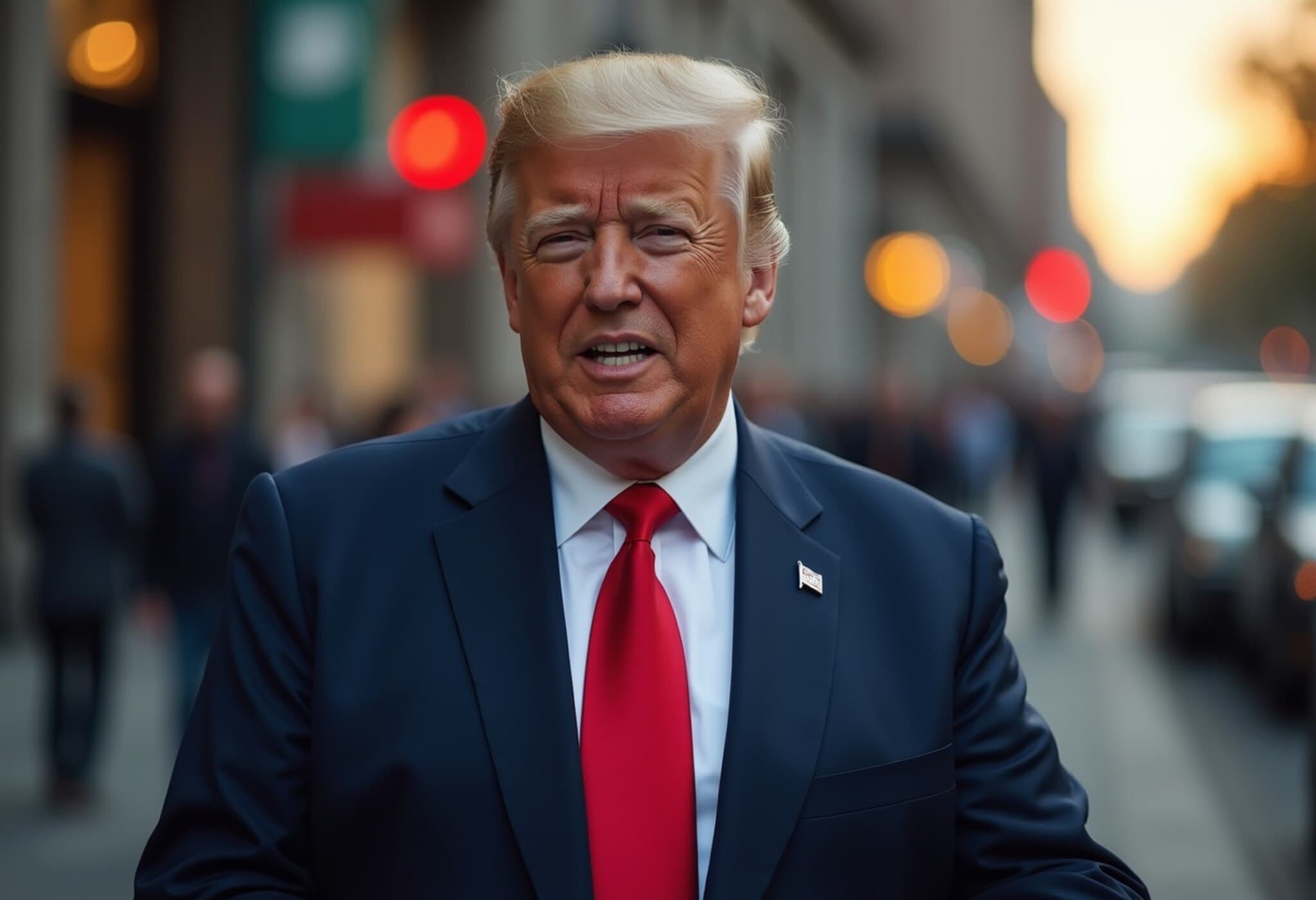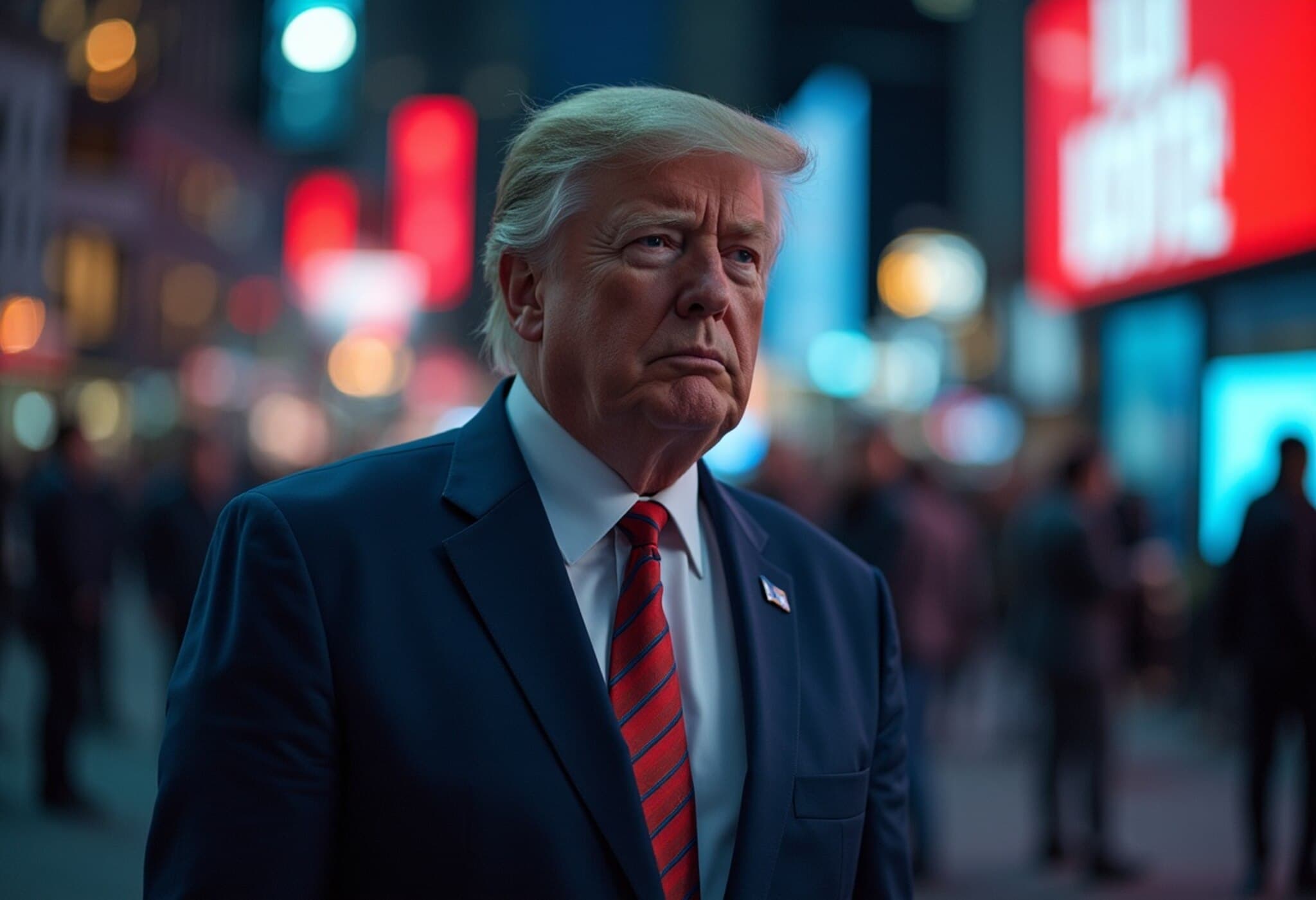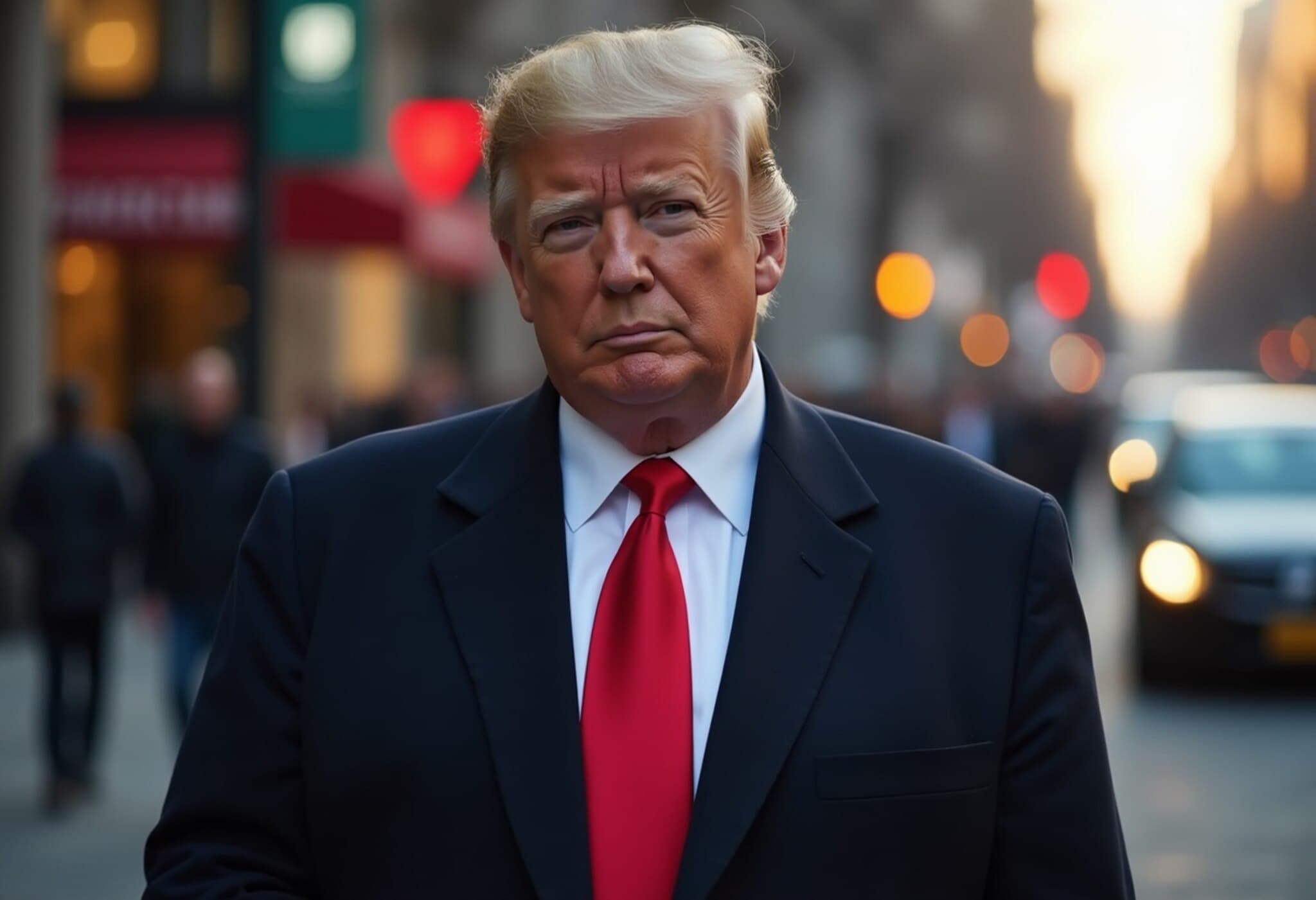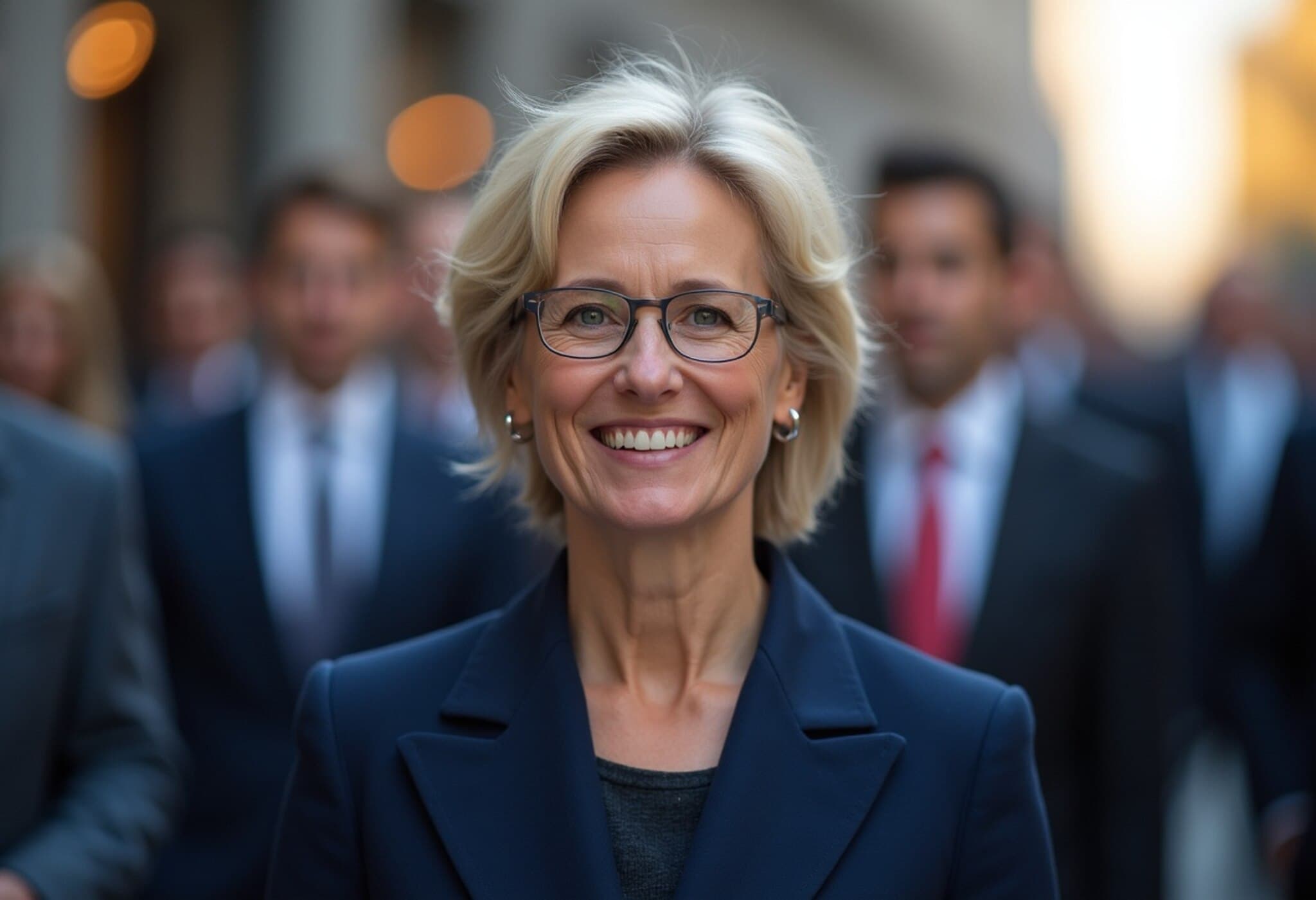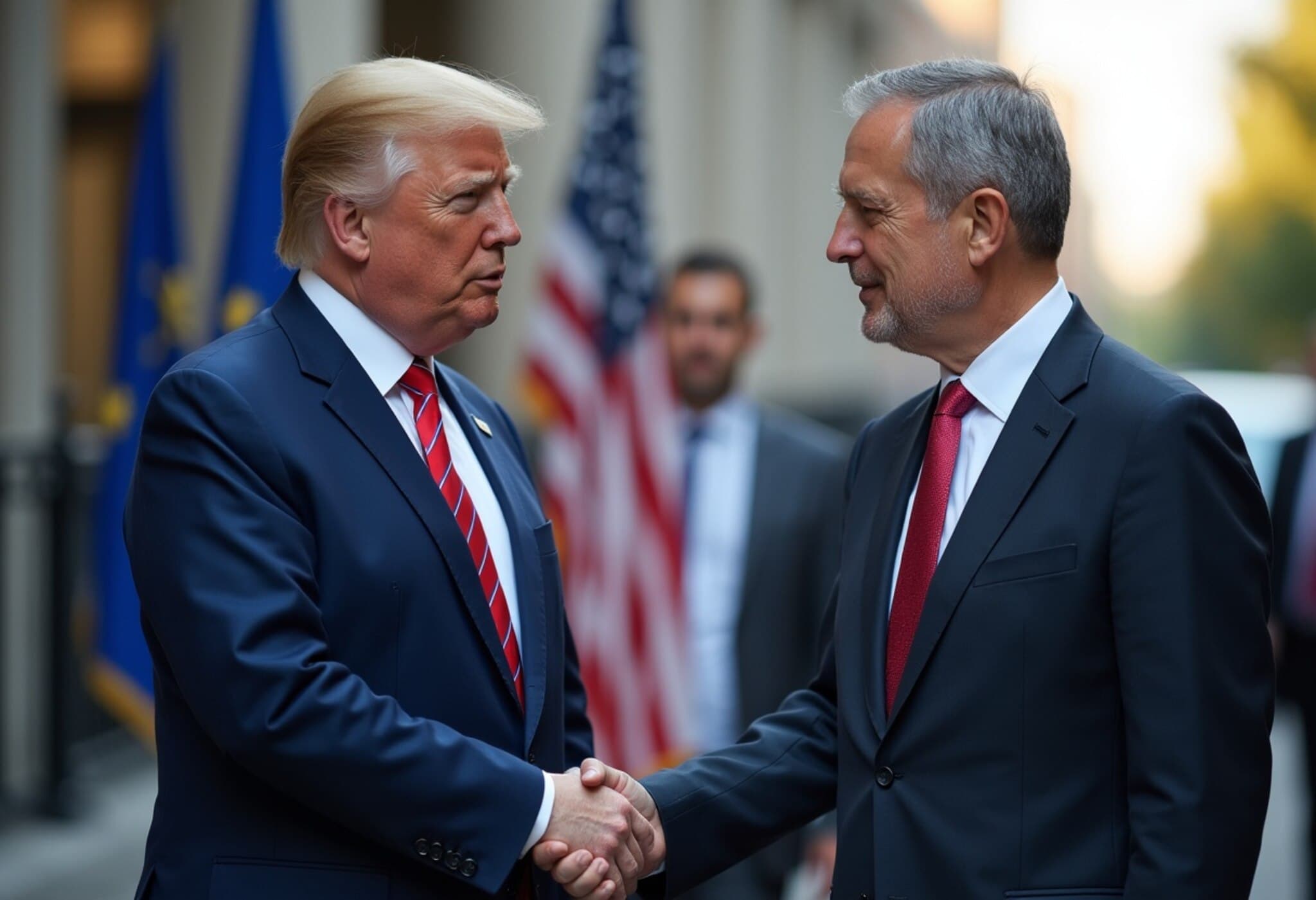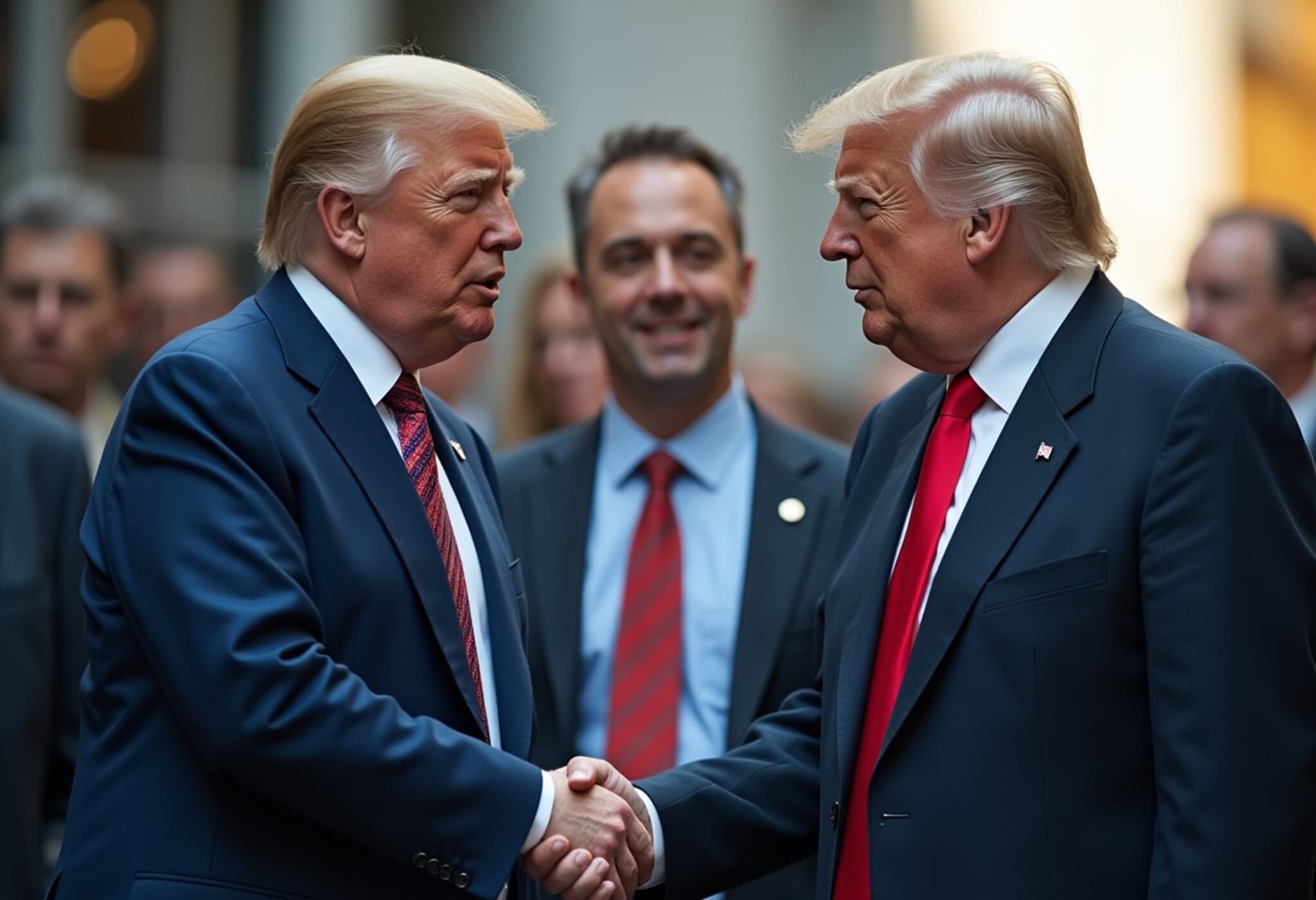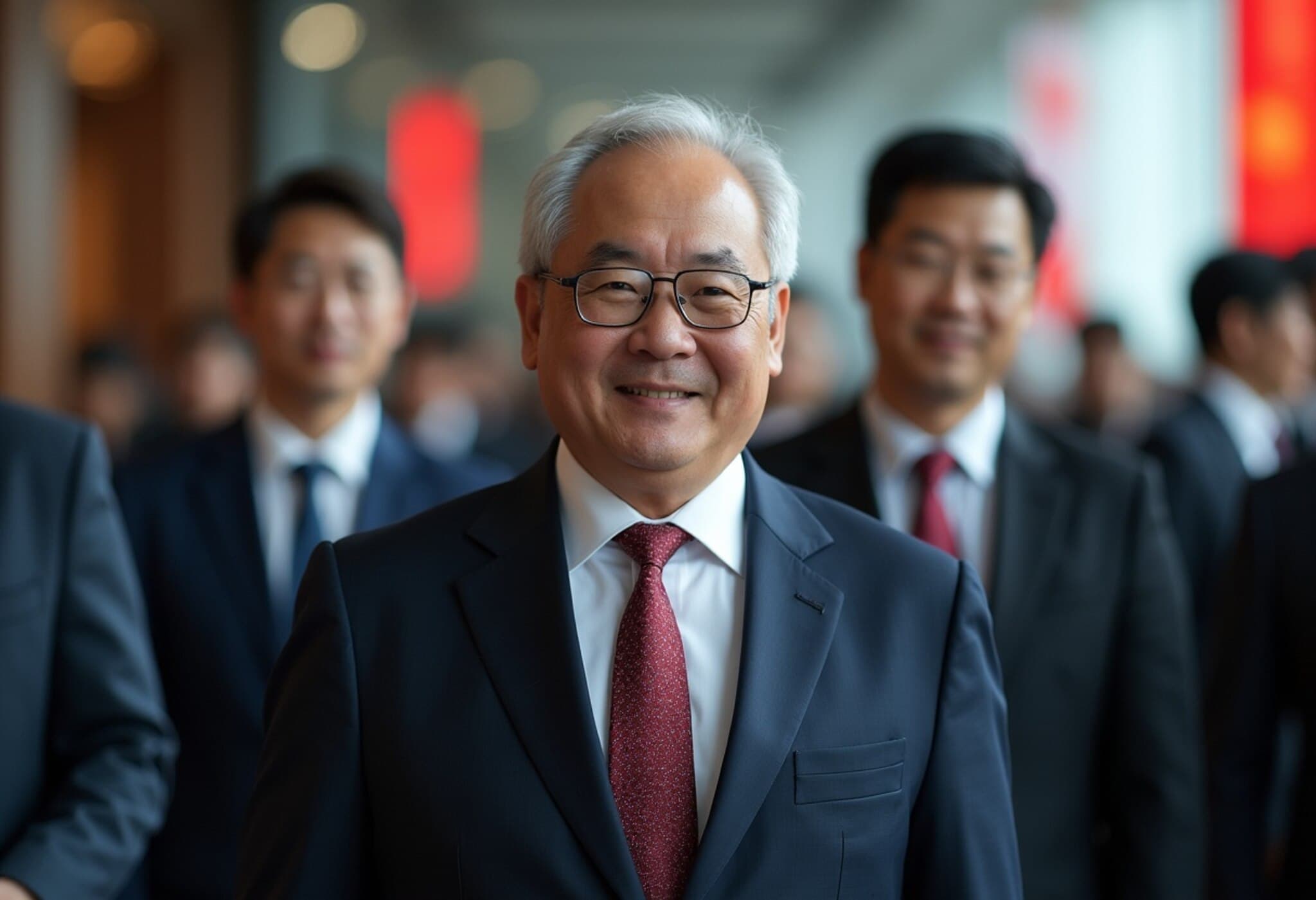Diageo CEO Steps Down Amid Market Optimism
Shares of Diageo, the iconic owner of Guinness and Johnnie Walker, rallied 4% in London trading following the unexpected departure of CEO Debra Crew. Crew, who had held the helm since June 2023, left by "mutual agreement." The company's Chief Financial Officer, Nik Jhangiani, has been appointed as interim CEO, stepping in to steer the global drinks powerhouse during this leadership transition.
The market's positive reaction suggests investor confidence in Diageo’s resilience despite the upheaval, highlighting the firm's strong brand portfolio and robust global presence.
Richemont Beats Expectations as Jewelry Demand Defies Luxury Slump
The Swiss luxury giant Richemont, owner of Cartier, Van Cleef & Arpels, and Buccellati, posted a 6% year-over-year sales increase for its fiscal first quarter ending June, totaling €5.41 billion ($6.28 billion). This slightly surpassed analyst forecasts of €5.37 billion and was driven by exceptional double-digit growth across most regions.
While Asia showed some weakness, notably Japan after last year’s surge due to the weak yen, Richemont’s Jewellery Maisons division flourished with an 11% rise in constant exchange rates. Conversely, its Specialist Watchmakers division experienced a 7% sales decline, reflecting a cautious consumer environment for luxury timepieces.
This performance underscores a surprising resilience in jewelry segments of luxury markets, even as broader economic uncertainties dampen discretionary spending globally.
Barclays Hit With £42 Million Fine Over Financial Crime Oversights
U.K. regulators admonished Barclays with a £42 million ($56.3 million) penalty over failures in managing financial crime risks. The Financial Conduct Authority (FCA) highlighted two incidents: insufficient anti-money laundering checks related to WealthTek, a collapsed wealth management firm, and inadequate oversight of business Stunt & Co., linked to suspicious operations.
In a notable gesture, Barclays agreed to a voluntary £6.3 million compensation fund for affected WealthTek clients, leading to a fine reduction. Barclays, emphasizing cooperation and transparency throughout regulator investigations, stressed its ongoing commitment to strengthening financial crime controls.
The fine arrives amidst growing scrutiny of banks' roles in countering money laundering and financial misconduct, highlighting the sector's evolving compliance challenges.
Renault Shares Tumble After Downgrade and CEO Shake-Up
French automaker Renault faced a harsh market reaction Wednesday, with shares plunging nearly 17% after lowering its 2025 operating margin forecast to approximately 6.5%, down from a prior estimate of 7% or more. Adding to the uncertainty, Renault appointed a new interim CEO during this critical period.
This downgrade reflects mounting pressures from supply chain constraints, escalating costs, and the complex transition to electric vehicles, signaling caution for investors in the auto sector.
ASML's Mixed Outlook Dragging Semiconductor Stocks
Dutch chip equipment titan ASML surpassed second-quarter earnings expectations but tempered optimism with revenue guidance that fell short of forecasts. Notably, ASML revealed it cannot yet guarantee growth in 2026, unsettling investors and dragging down European semiconductor stocks.
Shares plunged 7%, pulling down peers including STMicroelectronics and Infineon Technologies. ASML’s cautious forward outlook mirrors the semiconductor industry's ongoing challenges amid demand fluctuations and geopolitical tensions affecting supply chains.
European Markets Mixed as Global Trade Concerns Mount
European stock markets opened lower amid a slew of factors: underwhelming inflation data, profit warnings from major firms, and heightened anxiety over proposed U.S. tariffs. France’s CAC 40 led losses with a 0.24% drop, as investors weighed the latest developments against the backdrop of a fragile global economy.
EU Unifies Stance Against Proposed 30% U.S. Tariffs
Denmark’s Minister for European Affairs, Marie Bjerre, described the Trump administration’s announced 30% tariffs on EU imports as "completely unacceptable" and "unjustified." Speaking to CNBC, Bjerre emphasized the EU’s commitment to a fair trading partnership and readiness to negotiate in good faith, while also standing firm on defending European interests.
She highlighted the unpredictable nature of tariff announcements and the EU’s strategic position as a single market of 450 million consumers. With an Aug. 1 deadline looming, prospects for a trade compromise remain uncertain, reflecting broader geopolitical trade tensions that threaten to disrupt transatlantic commerce.
UK Inflation Rises Sharply Above Expectations
The U.K. reported a hotter-than-expected inflation rate of 3.6% year-over-year in June, exceeding economists' forecast of 3.4%. This uptick adds pressure on policymakers regarding interest rate decisions and underscores persistent cost-of-living challenges faced by consumers across Britain.
Key Takeaways & Upcoming Events
- Leadership upheaval at Diageo suggests a period of strategic recalibration for the beverage giant.
- Luxury jewelry’s sustained demand offers a rare bright spot amid global economic uncertainties.
- Regulatory penalties highlight the critical importance of rigorous financial crime controls within banking.
- Trade tensions continue to loom large, challenging sentiment and complicating global supply chains.
- Investors should closely watch earnings announcements from major European firms and upcoming inflation data.
Editor’s Note
This mid-July snapshot reveals a global economy oscillating between resilience and fragility. From the unexpected CEO change at Diageo to the luxury sector’s robust performance juxtaposed against Renault’s struggles and ASML’s cautious outlook, the narrative is far from uniform. Meanwhile, the geopolitical storm clouds gathering over transatlantic trade threaten to unsettle markets further. As inflation in core economies remains stubbornly elevated, policymakers and businesses alike face the challenge of adapting to an increasingly complex and volatile environment. Readers should consider how these intertwined factors may influence sectors and markets moving forward, particularly in the context of evolving regulatory landscapes and geopolitical uncertainties.



